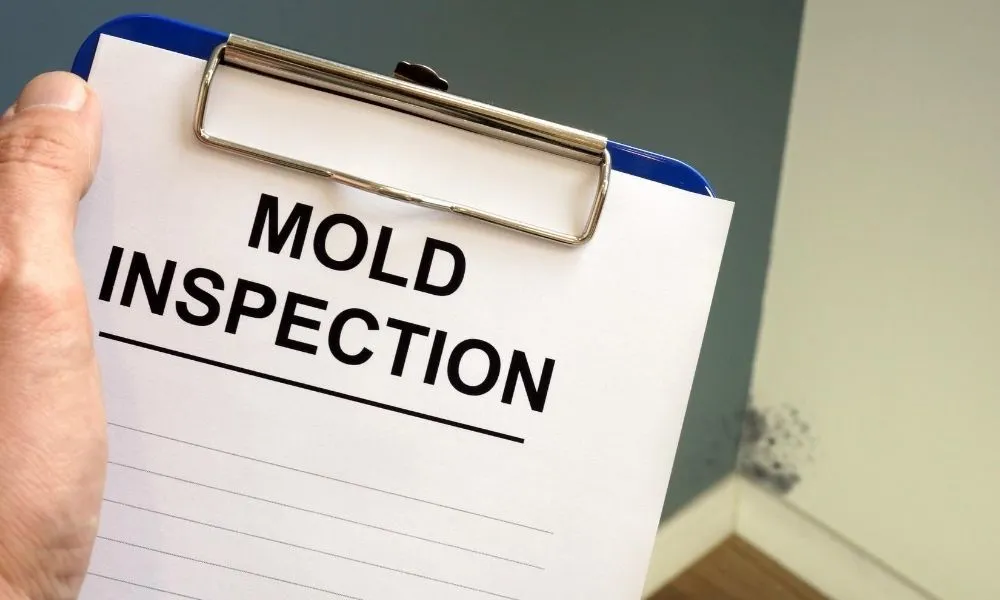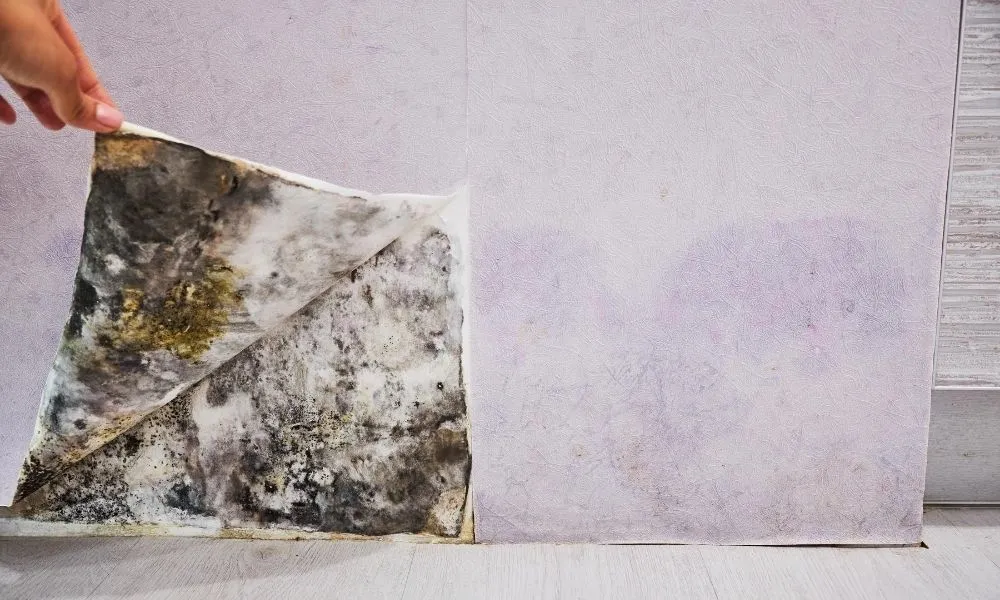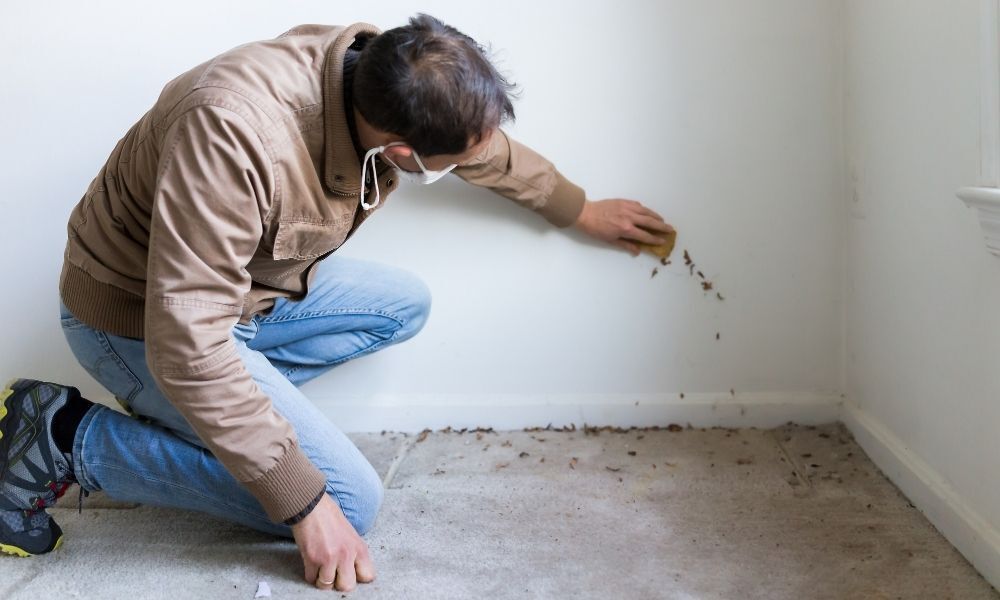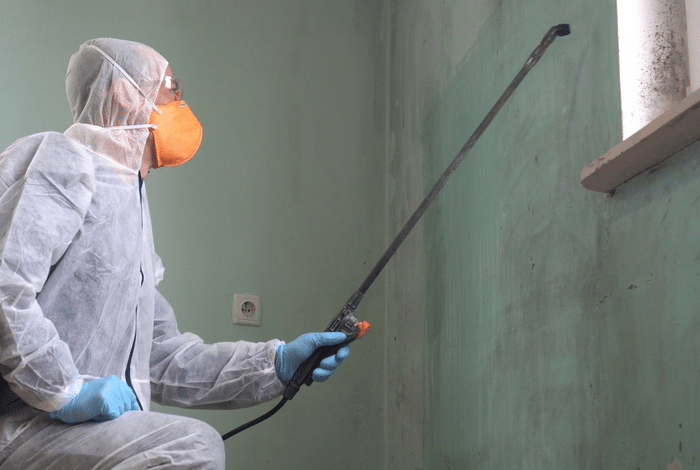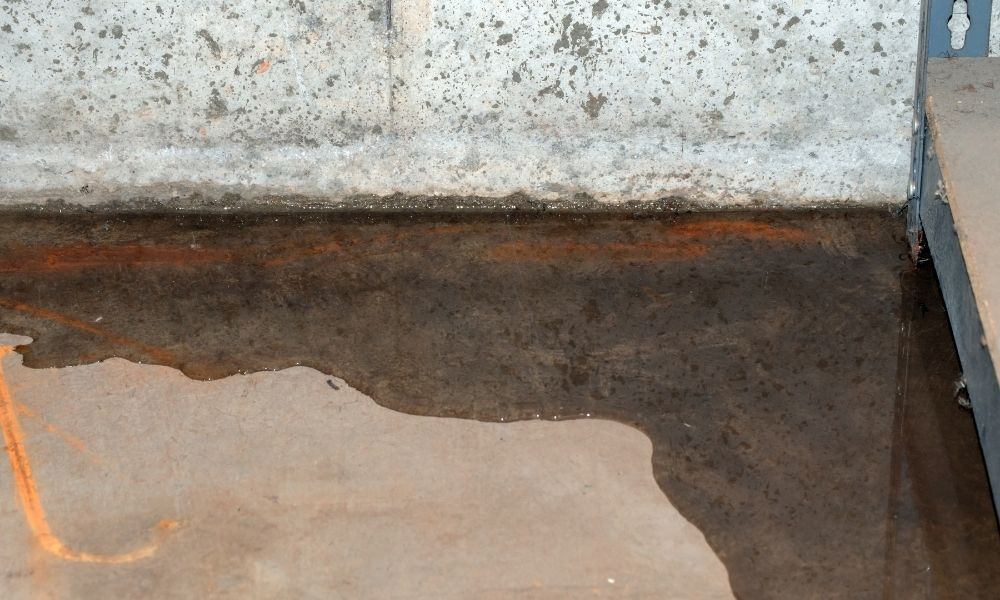
Tips for Preventing a Basement Flood
Nothing is worse than waking up the morning after a torrential downpour and realizing your basement has turned into an indoor pool. When it comes to flooding, your basement is one of the most vulnerable parts of your home. The two main reasons for this are that basements are built partially underground and that they’re often where people house washing machines, pipes, and other things that use or transport water. Water can seep in through the foundation or walls after a storm or escape from broken pumps or appliances. Thankfully, you can take some measures to reduce the likelihood of your basement flooding. Here are some tips for preventing a basement flood .
Make Alterations to the Landscaping
Your landscaping might be putting your basement at risk for flooding. The next time you head outside, take the time to inspect the grading of your lawn. During a rainstorm, water travels down the path of least resistance before pooling. Ideally, it will travel toward the street and into the storm drains, but if your lawn is sloped toward your home, the water will come rushing toward the foundation like a mini tsunami instead. The best way to divert water away from your home is to make alterations to the landscaping. You can regrade the ground, but you can also try other options, such as using heavier mulch or installing a beautiful (and functional) rain garden.
Check Your Gutters for Debris
If the gutters on the roof are brimming with debris such as leaves and pine needles, the gutters won’t be able to drain properly. The debris will trap the water, which will then gradually accumulate. When too much water accumulates, it will spill over the side of the gutters, run down the siding and foundation, and flow into the basement. To prevent the gutters and downspouts from overflowing, you can install a mesh screen over them or simply inspect and clean them every couple of months.
Install a Sump Pump
The last tip for preventing a basement flood is to install a sump pump and backup system, assuming you don’t already have them. The role of a sump pump is to collect excess water and divert it away from your home. A backup system provides additional protection in the event that the sump pump stops functioning.
It’s also important to have your home inspected for signs of mold after a flood. Connecticut Mold offers mold inspections in Stamford, Connecticut . Contact us today to book an appointment for an inspection or for our sanitization services!

